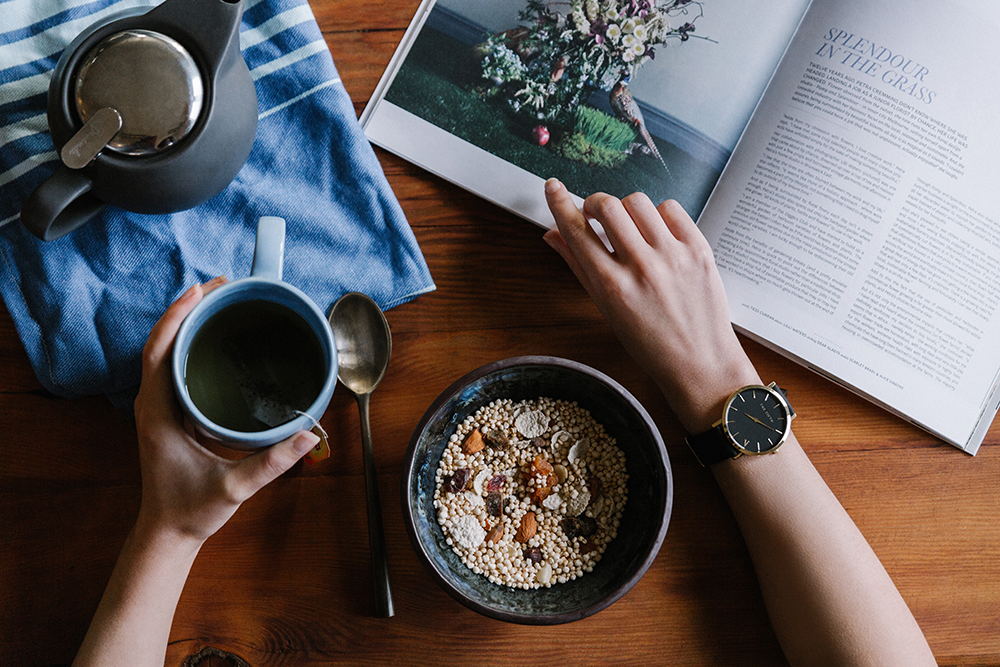Last Updated on April 25, 2017
The exam preparation period (aka ‘the pregame’) is just as important, if not more than, the exam itself. This may sound odd, but many students struggle to develop fundamental skills such as time management, reading for comprehension, note-taking, and coping with anxiety, all of which really do help students prepare more effectively for exams.
Some students will sacrifice their social life in order to dedicate the last couple of months to develop a genuine understanding of theoretical perspectives, course concepts and applying their knowledge to link course material together. Other students follow the more traditional approach, memorizing material and key concepts, and altering exam questions to fit their knowledge.
Which of the two is more effective? The answer is neither. Students have to make sure they keep their cool during the pregame period and to do this they must be mentally and emotionally fit.
I could sit here and write about note-taking and other study habits, but I am sure your teachers and parents have already briefed you in that respect, so I’d like to share Wayne Rooney’s pregame preparation with you instead.

For those of you who are not aware, Wayne is a professional footballer playing for Manchester United as well as the England national team, and captains both. During his career, he has been awarded more than 10 trophies with Manchester United and received countless more as an individual.
Why has Wayne been so successful all these years? When asked, Wayne identified the 5 following pregame factors that help him perform:
- Sleep
- Visualization
- Meals
- Routine
- Music
Sleep
“I try to get at least eight hours of sleep a night.”
Many students stay up late for last minute cramming, hoping they will be ready for the next day’s exam. Yes, yes this is the famous all-nighter syndrome. Studies show that this is one of the worst things you can do during your pregame. Sleep deprivation and all-nighters may impair your reasoning and memory for up to 4 days. Getting a good night’s sleep will help you perform better during your exams. Instead of staying up late until you have gone through all your course material, review the toughest material right before going to bed the night before your exam. This will help you recall the material much easier the next day.
Visualization
“I always like to picture the game the night before.”
Try to visualize yourself in exam taking conditions.
- What should I wear to be more comfortable?
- How many pens do I need during my exam?
- How much time do I need for brainstorming on a particular exam question?
Close your eyes and walk through the whole game experience from the moment you step into the exam room up until you put your pen down and submit your exam paper. Knowing what to expect and preparing yourself for every situation that may arise during an exam will help lower your exam anxiety.
Meals
“The night before games, I eat chicken, pasta, fish.”
Everybody knows that on the day of the exam you need to eat a good breakfast. According to research, foods that are high-carb, high-fiber, and slow-digesting like oatmeal and cereal are a good way to go. When I take exams I always eat two hard boiled eggs. This tradition began in high school, but it became a type of a ritual and now, anytime I have a ‘big match ahead,’ I make sure to pack my fridge with eggs!
Eating well during your pregame is also important, however. According to Cameron Holloway, a senior clinical researcher at the University of Oxford, “when you study, your brain consumes glucose, so take a five-minute break every hour to let your body produce more fuel for studying. Eating a healthy snack is very beneficial and can make a significant difference.” By healthy snack, we mean almonds, fruit, yogurt… NOT pizza with veggie toppings!
Routine
“Some players always do the same thing in the dressing room… I tend to bike for about 15 minutes, then I do some stretching, then relax.”
Creating a routine will help calm your nerves down. As I said before, for me, eating my two hard boiled eggs in the morning before an exam became routine and made me feel confident and safe before taking my exams. It became something familiar and reassuring.
You may want to create a routine during your pregame. For example, you can give yourself 10 minutes to read through all the questions and jot some notes down before you dive into the writing bit of your exam, or organize your area before you sit down to study. Whatever it may be, if you create some familiar actions you will see that routine will bring a helpful order to your life during this stressful and seemingly chaotic period.
Music
“Patrice Evra likes to put the music on in the dressing room. [FFT: French hip-hop?] Something like that!”
I personally don’t recommend music whilst studying, unless it’s something that doesn’t have too much noise, i.e. classical music. What I really recommend is plugging yourself in and listening to a good tune after a hard day’s worth of work. This will help you take your mind off your worries.
Work like an athlete to win like an athlete! And remember, if you manage to maintain your mental and emotional cool you will see that you will perform much better.
Step up your game with 100mentors
100mentors is the platform and network empowering students to connect with mentors on-demand to guide them in their most important academic and career decisions. With 100mentors, schools enable students to open up their circles of influence to include mentors from 300+ universities and 500+ companies across the world, while companies and universities are able to tap into a quality pool of potential program and job candidates.
Follow along and share your #studentconfessions & pregame practices with us in the comments below.



